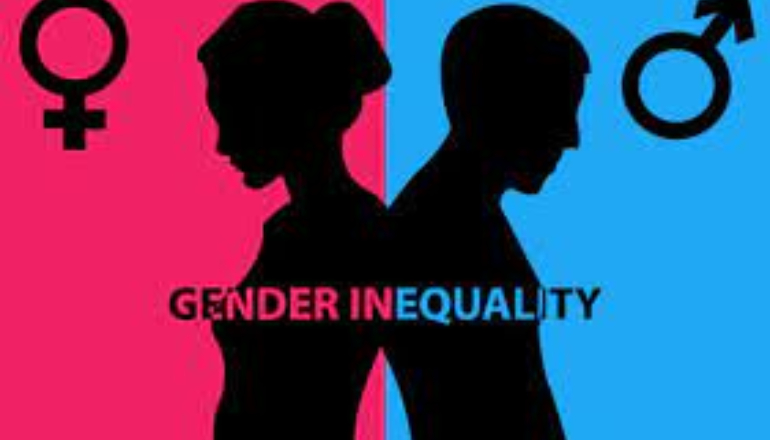Access to childcare and women’s safety topped a new World Bank Group report that analyzes the global gender gap in the workplace. The report notes that women enjoy less than two-thirds of men’s rights and no equal opportunity.
Global gender gap analysis:
The latest Women, Business, and the Law report provides a comprehensive analysis of the challenges women face in achieving global workforce participation and economic prosperity. The analysis expands to include safety from violence and access to childcare services as critical indicators in determining women’s options. The analysis reveals women only enjoy 64% of the legal protections men do, down from 77%, when including safety from violence and access to childcare services.
The report reveals a significant implementation gap in 190 economies, with only a small percentage of countries implementing laws granting equal pay to women, despite 98 economies enacting legislation mandating equal pay. Only 35 economies, less than one in five, have implemented pay transparency measures or enforcement mechanisms to address the pay gap.
The successful implementation of equal-opportunity laws requires a robust framework, including robust enforcement mechanisms, a system for tracking gender-related pay disparities, and accessible healthcare services for victims of violence, the World Bank report said.
For example, Togo, a Sub-Saharan economy with 77% women’s rights, has only established 27% of the necessary systems for full implementation of equal-opportunity laws, highlighting the ongoing challenges for these countries.
Women’s safety and child care:
In 2023, governments pushed for legal equal-opportunity reforms in pay, parental rights, and workplace protections, but faced challenges in access to childcare and women’s safety.
Global women’s safety score is 36, with only 39 countries having laws against domestic violence, sexual harassment, child marriage, and femicide. 151 economies have workplace laws against sexual harassment, but 39 prohibit it in public spaces, often preventing women from using public transportation to work.
Most countries also score poorly for childcare laws. Women spend an average of 2.4 more hours a day on unpaid care work than men—much of it on the care of children. Expanding childcare access boosts women’s labor force participation by 1 percentage point. However, only 78 economies provide financial or tax support for parents with young children, and 62 have quality standards.
Women face significant obstacles in entrepreneurship, with only one in five economies mandating gender-sensitive criteria for public procurement, limiting their $ 10 trillion-a-year economic opportunity. Women earn only 77 cents for every $1 paid to men, and the rights gap extends to retirement. Women live longer but receive lower pay, take time off, and retire earlier, leading to smaller pension benefits.
What do the World Bank Executives say?
“It is more urgent than ever to accelerate efforts to reform laws and enact public policies that empower women to work and start and grow businesses,” said Tea Trumbic, Lead Author of the report. “Today, barely half of women participate in the global workforce, compared with nearly three out of every four men. This is not just unfair—it’s wasteful. Increasing women’s economic participation is the key to amplifying their voices and shaping decisions that affect them directly. Countries simply cannot afford to sideline half of their population.”
“Women have the power to turbocharge the sputtering global economy,” said Indermit Gill, Chief Economist, the World Bank Group and Senior Vice President for Development Economics. “Yet, all over the world, discriminatory laws and practices prevent women from working or starting businesses on an equal footing with men. Closing this gap could raise global gross domestic product by more than 20% – essentially doubling the global growth rate over the next decade—but reforms have slowed to a crawl. WBL 2024 identifies what governments can do to accelerate progress toward gender equality in business and the law.”

